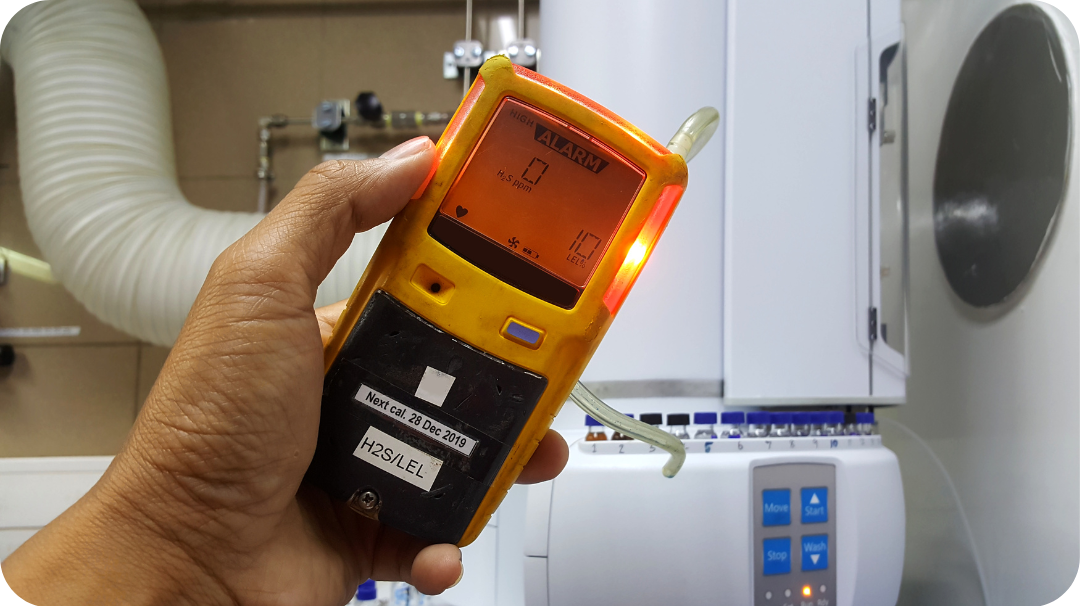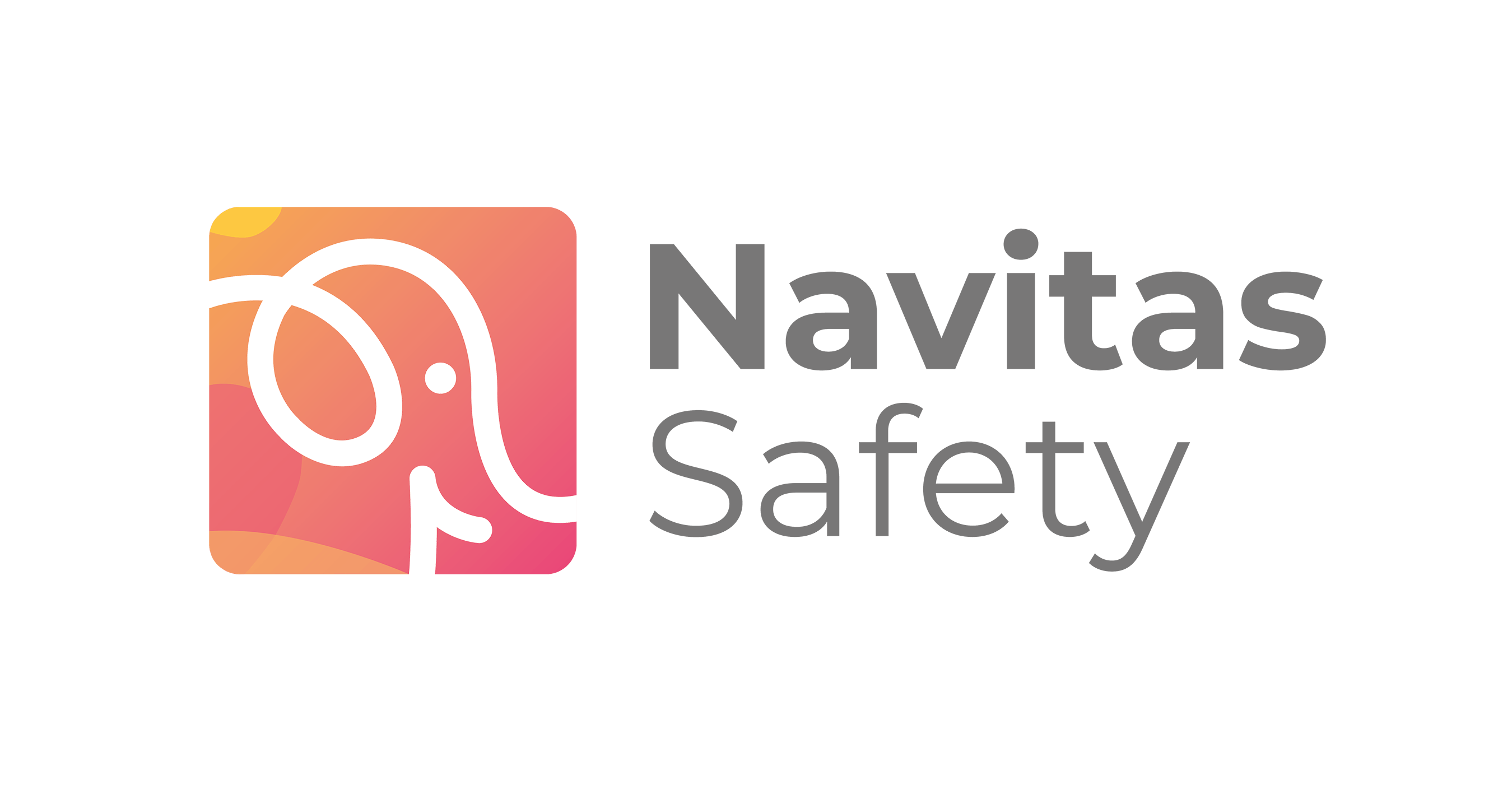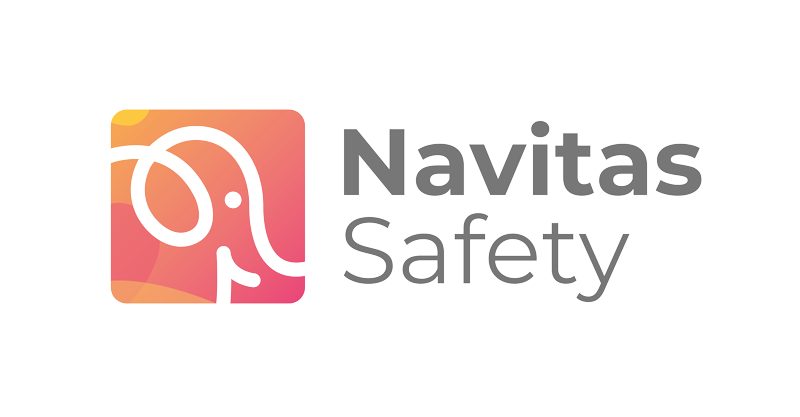Last week was Gas Safety Week (11th – 17th September 2023), an annual event coordinated by Gas Safe Register, the official list of gas engineers who are legally allowed to work on gas.
Gas Safety Week serves as a critical reminder of the essential precautions necessary to ensure our safety when it comes to gas appliances. The week-long initiative is dedicated to raising awareness about gas safety and emphasises the significance of maintaining our gas appliances adequately.
So, let’s recap what we can learn from this:
The Risks of Poor Gas Appliance Maintenance
Why is gas safety important? Well, the consequences of poor gas appliance maintenance can be fatal.
Poorly fitted or unserviced gas appliances pose serious threats to our safety and well-being. These hazards include:
- Potential gas leaks,
- Fires,
- Explosions,
- and the silent killer: Carbon Monoxide (CO) poisoning.
CO is a highly poisonous gas that can kill without warning. This is because it is invisible, odorless, and tasteless, making it imperceptible without proper detection.

Legal Responsibilities of Employers
Employers bear a legal responsibility to maintain gas appliances, installation pipework, and flues under their control to prevent any risks to their employees’ safety.
Therefore it’s important to remember that as an employer, compliance with gas safety regulations is crucial. By maintaining high health and safety standards, you can avoid potential injuries or fatalities to your team and customers.

Gas Safety Tips for a Secure Business Environment
- Qualified Engineers Matter: Always ensure that gas equipment is installed, commissioned, and maintained by a certified Gas Safe registered engineer. Employing an unregistered gas fitter is against the law and poses significant risks.
- Regular Appliance Servicing: Service your gas appliances annually to guarantee they operate safely and efficiently. Regular servicing helps detect potential issues early and ensures the optimal functioning of your appliances.
- Verify Engineer Credentials: Confirm that the engineer working on your gas appliances is Gas Safe registered and appropriately qualified for the type of work. Different engineers specialise in various types of gas or appliances, so it’s crucial to verify their qualifications and check their identification.
- Recognise Appliance Malfunctions: Be vigilant for signs that your gas appliances may not be functioning correctly, such as:
→ A floppy yellow or orange flame instead of a crisp blue flame on the gas hob,
→ Dark, sooty staining around the appliance,
→ Increased condensation inside windows,
→ A boiler pilot light that keeps going off. - Be Aware of CO Poisoning Symptoms: Familiarise yourself with the symptoms of CO poisoning, including headaches, nausea, dizziness, breathlessness, collapse, or unconsciousness. Promptly seek medical attention if you suspect CO exposure.

Emergency Response
In case of immediate danger, contact the gas emergency helpline:
Mainland GB: 0800 111 999
Northern Ireland: 0800 002 001
For regional emergency helpline numbers, visit Gas Emergency Helpline.
Gas Safety Week serves as a crucial reminder that proactive measures can save lives. By staying informed and prioritising gas safety, businesses can create a safer environment for everyone.
If you need help with your safety processes, speak to a member of our safety team who will be able to advise you on how to operate safely.






